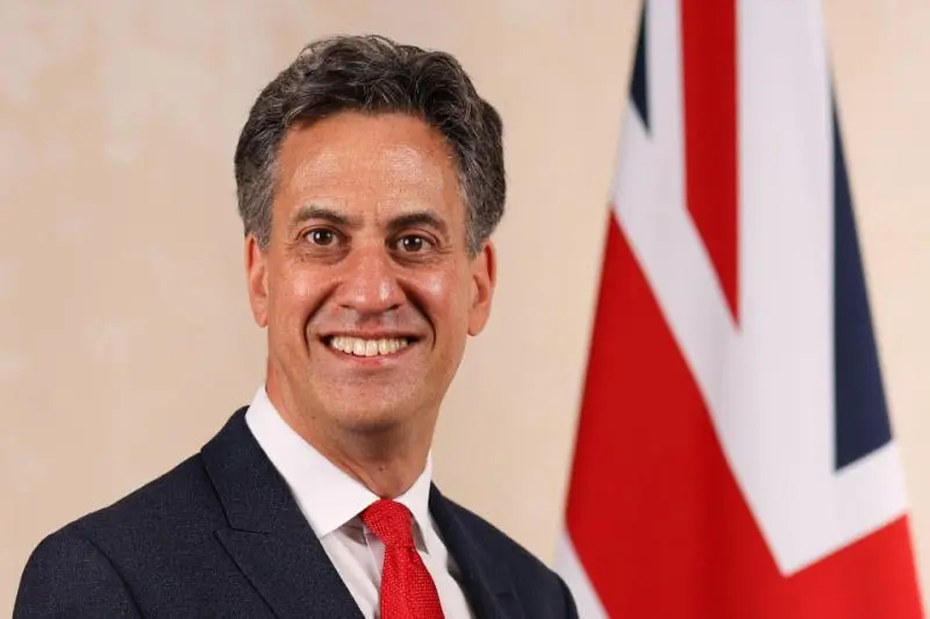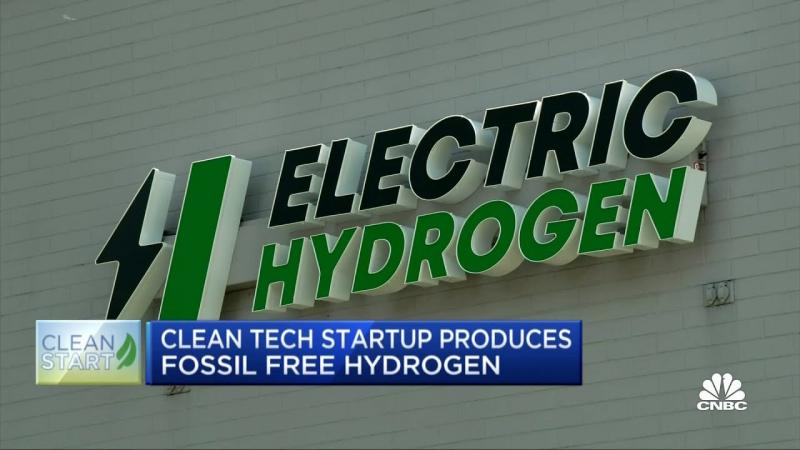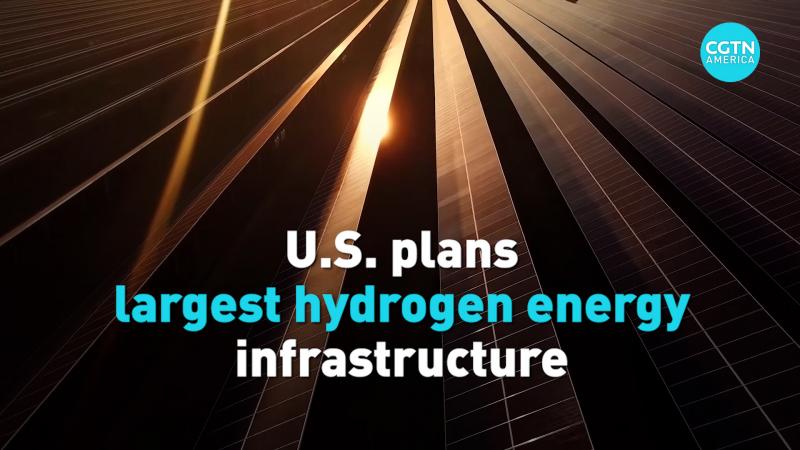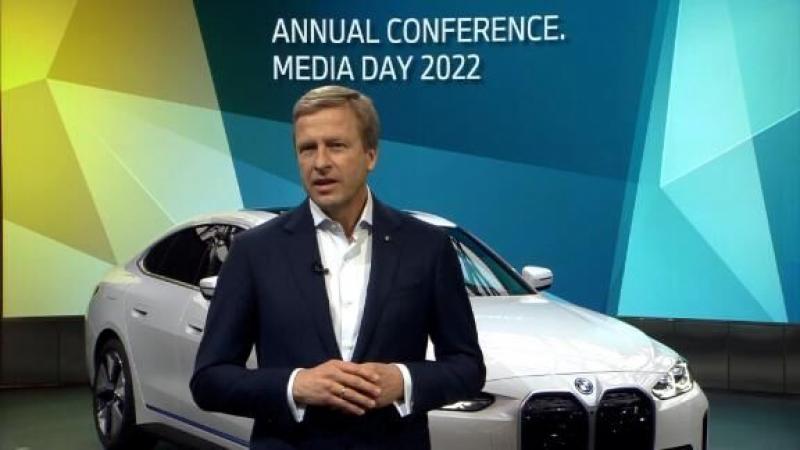
The UK government has unveiled the Clean Power 2030 Action Plan, aimed at transforming the country's energy infrastructure and reducing reliance on fossil fuels by subsidizing the switch from gas to hydrogen and enhancing carbon capture technology.
Today, the UK government announced a significant stride toward energy independence and sustainability with the release of its Clean Power 2030 Action Plan. This ambitious plan outlines a series of initiatives designed to overhaul the country's energy system, including the potential subsidization of existing gas-fired power plants to transition to hydrogen-fueled operations.
Under the new directives, the Department of Energy Security and Net Zero (DESNZ) is exploring mechanisms to allow these facilities to exit long-term subsidy agreements within the UK’s capacity market, enabling them to join newly announced subsidy schemes for hydrogen power and carbon capture and storage (CCS). These changes aim to reduce the nation's dependency on fossil fuels and foster a cleaner power generation landscape.
The action plan is comprehensive, targeting an increase in installed capacity by 2030 that includes substantial contributions from offshore wind (43-50 GW), onshore wind (27-29 GW), and solar power (45-47 GW). These efforts will be bolstered by flexible capacity options like battery storage (23-27 GW), long-duration energy storage (4-6 GW), and innovative flexibility technologies.
A significant overhaul of the grid connection process is also part of the agenda. With the current queue for grid connections at a staggering 739 GW, the government plans to streamline the system by removing unviable projects and prioritizing those that are most critical, thus accelerating connection times and facilitating crucial infrastructure development.
The plan also reintroduces onshore wind projects over 100 MW back into the Nationally Significant Infrastructure Project regime in England, which will help speed up the deployment of these energy sources.
Energy Secretary Ed Miliband emphasized the transformative potential of this plan, stating, "A new era of clean electricity for our country offers a positive vision of Britain’s future with energy security, lower bills, good jobs, and climate action. This can only happen with big, bold change and that is why the government is embarking on the most ambitious reforms to our energy system in generations."
These initiatives are expected to unlock up to GBP 40 billion ($50.9 billion / EUR 48.5 billion) annually in private investment for clean power projects across the UK, signaling a major economic and environmental shift. This plan not only sets a clear target for a low-cost electricity system dominated by renewable sources but also provides the necessary roadmap and financial mechanisms to achieve these goals, marking a potential landmark moment for the UK's clean energy sector.







